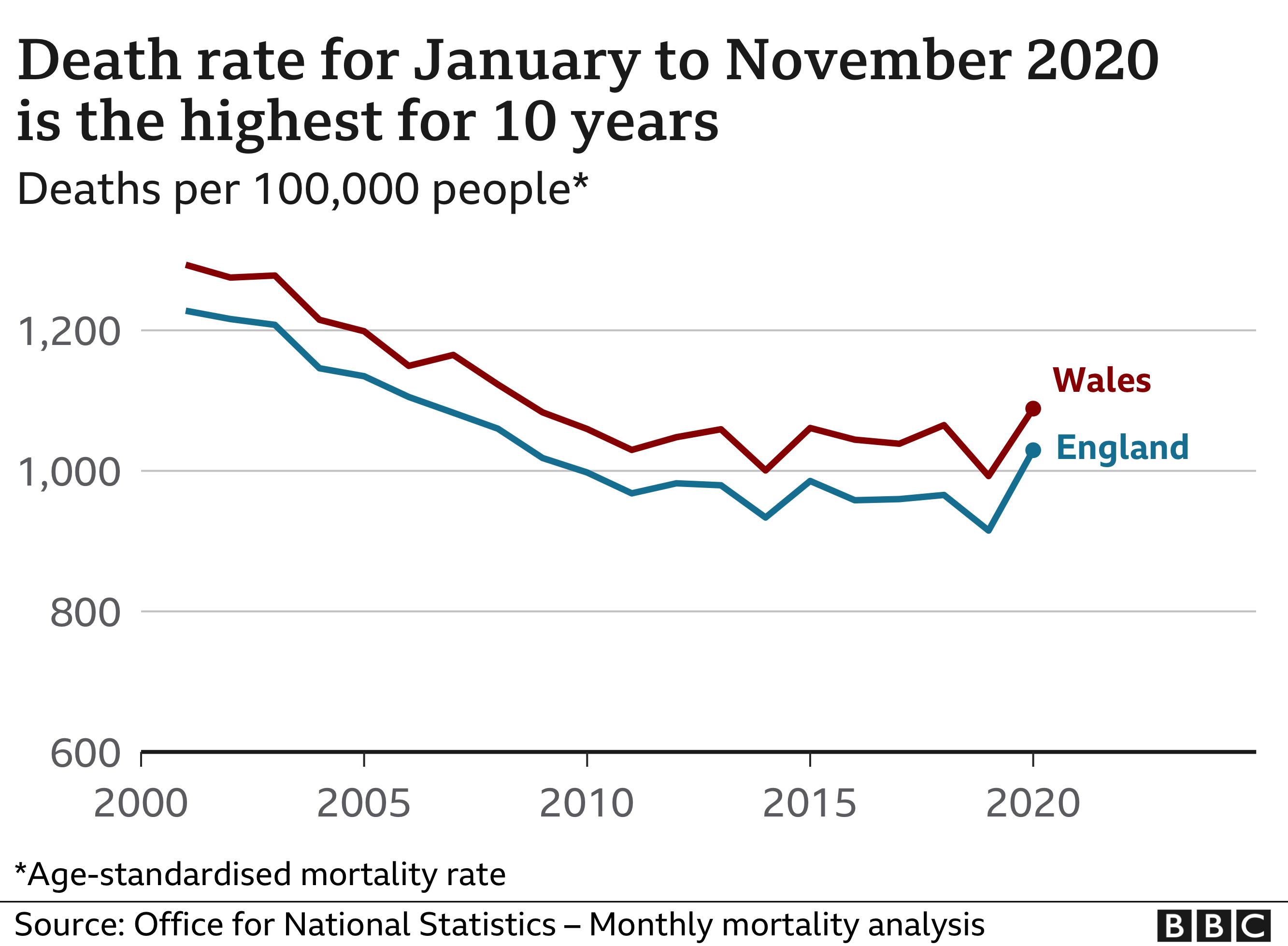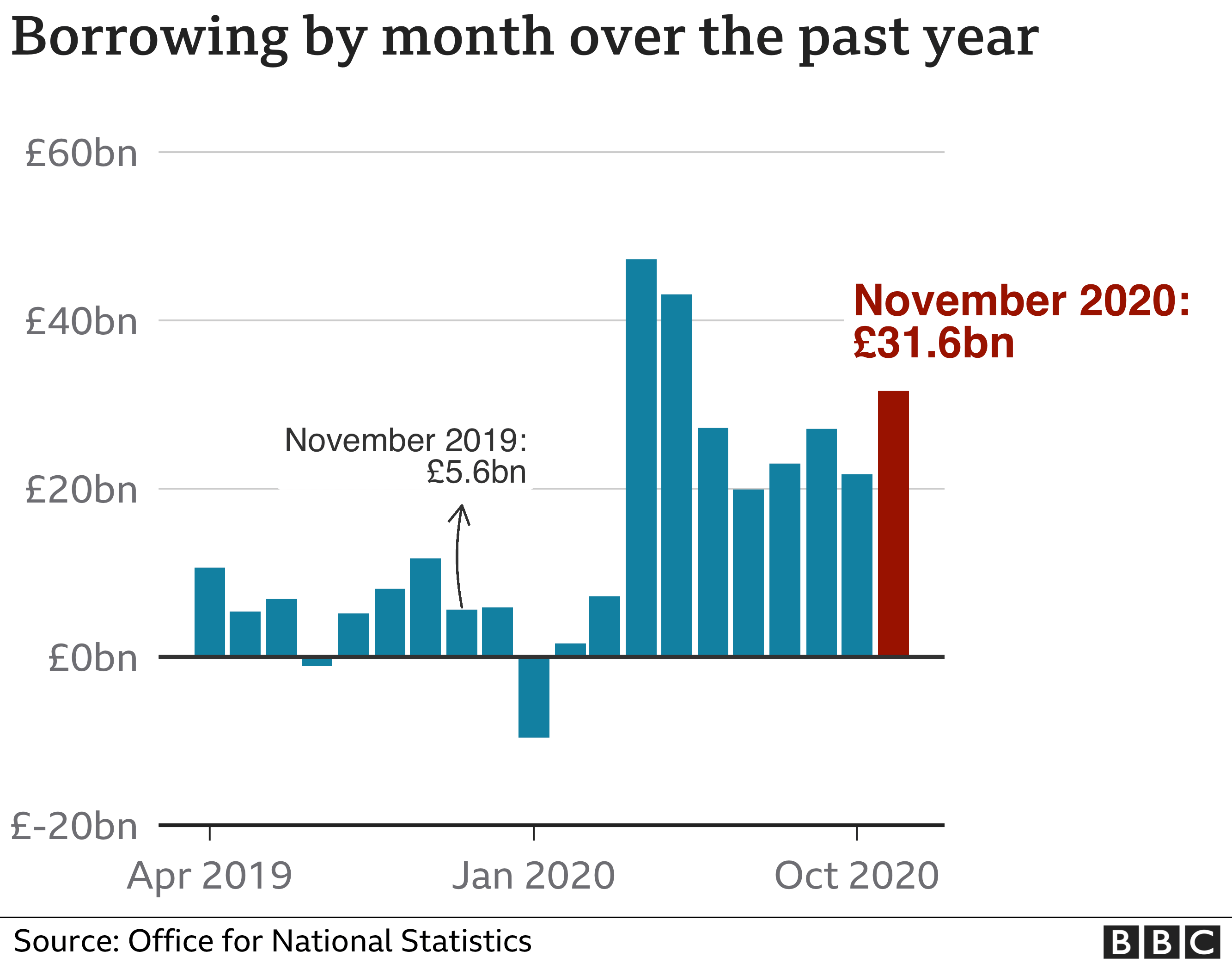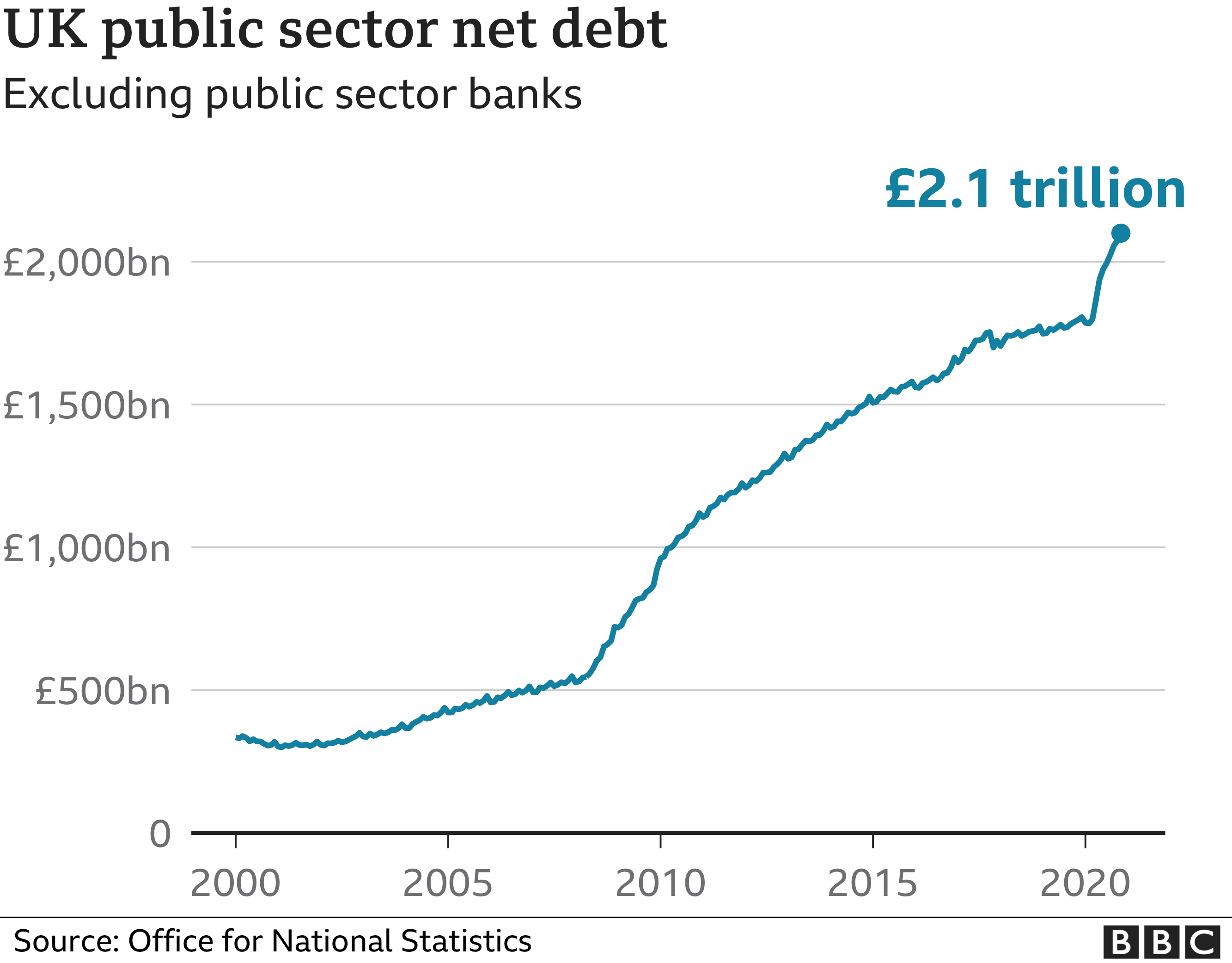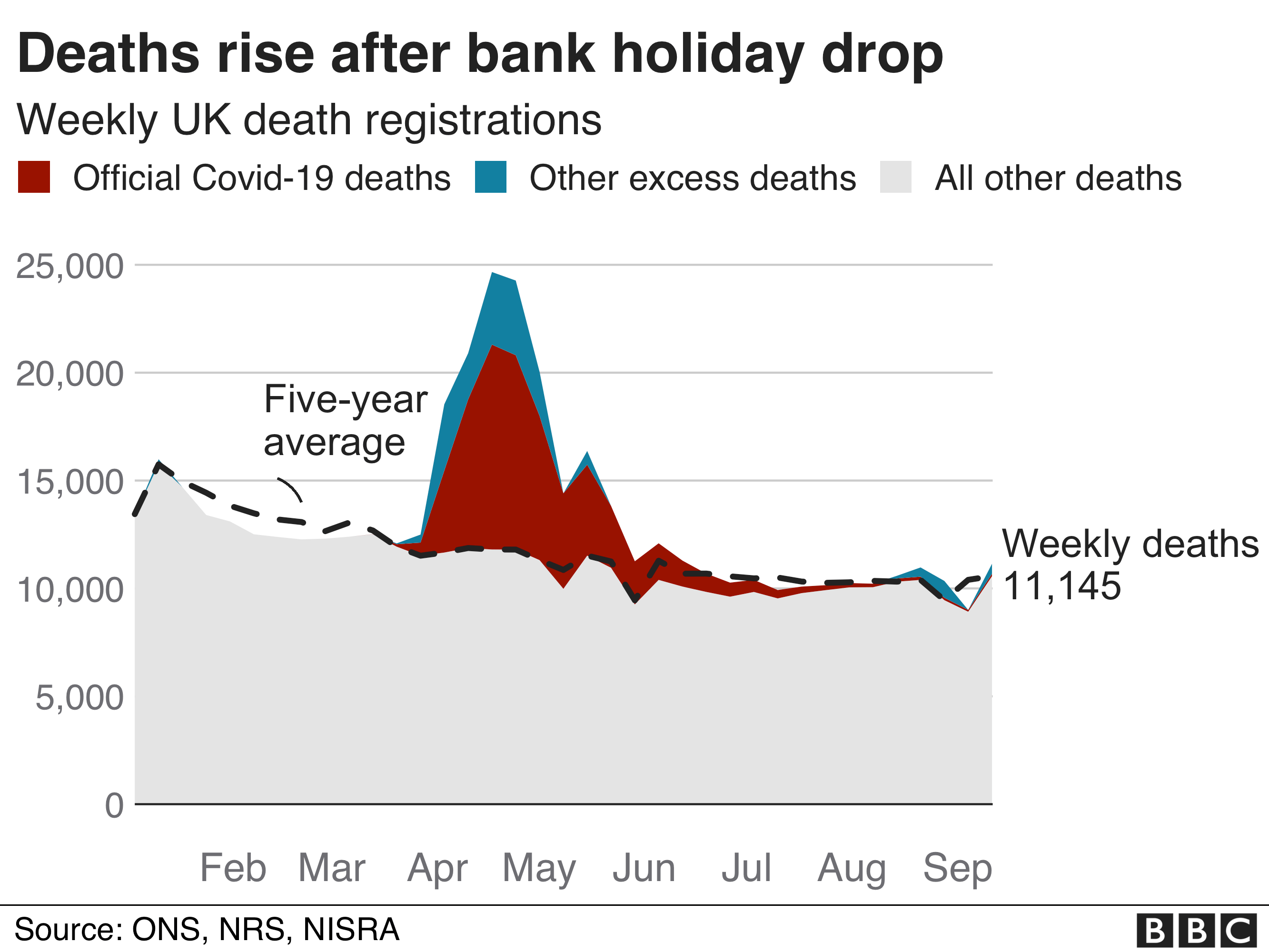Professor Sucharit Bhakdi: “You are now witnessing the greatest crime that England has ever committed in its history.”
BBC
Browse the articles related to this topic below.
Join our community on Guilded.
The real-world study includes data on positive Covid PCR test results between May and July 2021 among more than a million people who had received two doses of Pfizer or AstraZeneca vaccine.
Protection after two shots of Pfizer decreased from 88% at one month to 74% at five to six months.
For AstraZeneca, the fall was from 77% to 67% at four to five months.
http://archive.today/2021.08.25-105339/https://www.bbc.com/news/health-58322882
“We could be digging ourselves into a hole, for a very long time, where we think we can only keep Covid away by boosting every year,” Prof Eleanor Riley, an immunologist from the University of Edinburgh, told me.
Prof Adam Finn, a government vaccine adviser, said over-vaccinating people, when other parts of the world had none, was “a bit insane, it’s not just inequitable, it’s stupid”.
http://archive.today/2021.08.21-104255/https://www.bbc.com/news/health-58270098
A tight-knight case of characters has sought to destabilize the Syrian government by convincing Syrians, Western citizens, foreign states, and international bodies that the CIA-backed Free Syrian Army is a legitimate, “moderate” alternative, while flooding news across the globe with opposition propaganda.
One of the UK’s leading childhood health experts has said there is not enough evidence to support vaccinating children against Covid, and the body that will make the decision on whether to jab under-18s has indicated it will take a cautious approach.
Prof Calum Semple, a member of the Scientific Advisory Group for Emergencies (Sage), said there was “rock-solid data” to show that the risk of severe harm to children from Covid was “incredibly low”.
University of Oxford scientists are trialling giving Ivermectin to over-50s with Covid symptoms to see if it can keep them out of hospital.
http://archive.today/2021.06.23-080235/https://www.bbc.com/news/health-57570377
Anger at deadly Nigerian drug trials – BBC
Published 20 June 2007
Pfizer tested the then unregistered drug in Nigeria’s north-western Kano State during an outbreak of meningitis which had affected thousands of children.
Officials in Kano say more than 50 children died in the experiment, while many others developed mental and physical deformities.
…After more than a decade of silence, the Nigerian government has decided to sue Pfizer, seeking $7bn (£3.5bn) in damages for the families of children who allegedly died or suffered side-effects in the experiment.
Undercover filming, by BBC Panorama, at a major UK Covid testing lab has revealed how poor working practices could lead to people getting incorrect test results.
There’s no evidence that any of the current Covid-19 vaccines can completely stop people from being infected – and this has implications for our prospects of achieving herd immunity
Telegraph Cartoonist Bob Moran makes an interesting comment about this BBC News article.
This is a great example of how mad people (the BBC) have become. In attempting to demonstrate how serious the current situation is, they accidentally show that everything is completely normal and remind us that when things were actually bad, we didn’t even notice.
@bobscartoons on Twitter, 29 January 2021

Published 26 April 2018.
The number of children being homeschooled has risen by about 40% over three years, the BBC has found.
Across the UK 48,000 children were being home-educated in 2016-17, up from about 34,000 in 2014-15.
http://archive.today/2022.01.31-164041/https://www.bbc.com/news/uk-england-42624220
Ivor Cummins aka the Fat Emperor – gives James the lowdown on why you can’t trust anything our governments tell us about Covid-19. If you want the facts on Coronavirus – how deadly is it? do lockdowns and masks work? how does it compare with previous pandemics? – you’ve come to the right place
Please support the Delingpod:
Mirror archives are available below if this video is removed from YouTube.
When announcing the national lockdown, Prime Minister Boris Johnson said the NHS risked being overwhelmed if the measures weren’t taken.
But statistics suggest that the proportion of beds currently occupied by patients is actually lower than usual.
So how can both things be true?
…To create that wiggle room, there has been a big decrease in patients coming in for non-urgent operations and outpatient appointments, to ensure that space is there and pressures are not increased.
Even in September 2020, when hospitals were beginning to increase the number of operations carried out, these were still 25% lower than in previous years.
This also helps explain why there are also fewer patients in hospitals this year, as well as fewer beds.
The impact of this is a large backlog and the potential for certain treatments – such as cancer care – being delayed.
https://web.archive.org/web/20210107152338/https://www.bbc.co.uk/news/55536762
Nursery schools present “very little risk” and are Covid-safe, vaccine minister Nadhim Zahawi has said, as he defended keeping them open.
The Office for National Statistics said borrowing hit £31.6bn last month, the highest November figure on record.
It was also the third-highest figure in any month since records began in 1993.
Since the beginning of the financial year, borrowing to cover the gap between spending and revenues has reached £240.9bn, £188.6bn more than a year ago.
The independent Office for Budget Responsibility (OBR) has estimated that the amount could reach £372.2bn by the end of the financial year in March


Does the NHS really need protecting? – BBC
A quick glance at the latest data on hospital beds shows there were nearly 13,000 beds free at the end of November.
That’s 50% more than last winter.


https://web.archive.org/web/20201202041425/https://www.bbc.co.uk/news/health-55151832
The increase in coronavirus infections appears to be slowing around the UK, latest data from the Office for National Statistics show.
Although the number of people with Covid continues to rise, the growth is levelling off.
In the week to 30 October, ONS says new daily infections in England stabilised at around 50,000.
Coronavirus accounted for 1% of all deaths in England and Wales in the second week of this month.
That’s among the lowest figures published by the Office for National Statistics (ONS) since March when the pandemic took hold.

Attending primary school puts children and staff at no greater risk of contracting coronavirus than staying at home, a study of 131 schools suggests…
…A separate sample of 2,100 staff and children, who were tested for antibodies, found 10.6% of pupils and 12.7% of staff had previously had coronavirus.
This could suggest that children are as likely as adults to be infected, rather than being less susceptible to the disease.
But because so few positive cases in children are detected, it confirms previous research that they are likely to experience mild symptoms, or none at all.
The study found children and staff who attended school more frequently were no more likely to test positive for antibodies than those who did not attend school, or went less often.
The main test used to diagnose coronavirus is so sensitive it could be picking up fragments of dead virus from old infections, scientists say.
Most people are infectious only for about a week, but could test positive weeks afterwards.
Researchers say this could be leading to an over-estimate of the current scale of the pandemic.
But some experts say it is uncertain how a reliable test can be produced that doesn’t risk missing cases.
Prof Carl Heneghan, one of the study’s authors, said instead of giving a “yes/no” result based on whether any virus is detected, tests should have a cut-off point so that very small amounts of virus do not trigger a positive result.
He believes the detection of traces of old virus could partly explain why the number of cases is rising while hospital admissions remain stable.